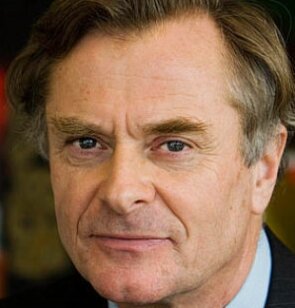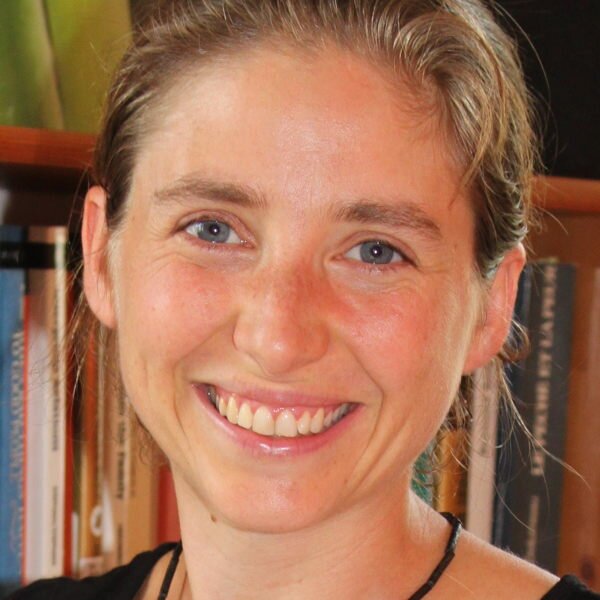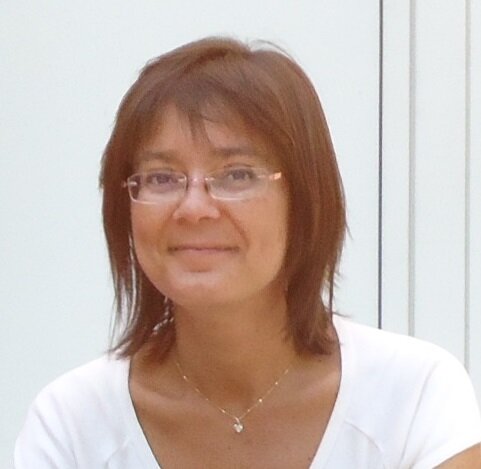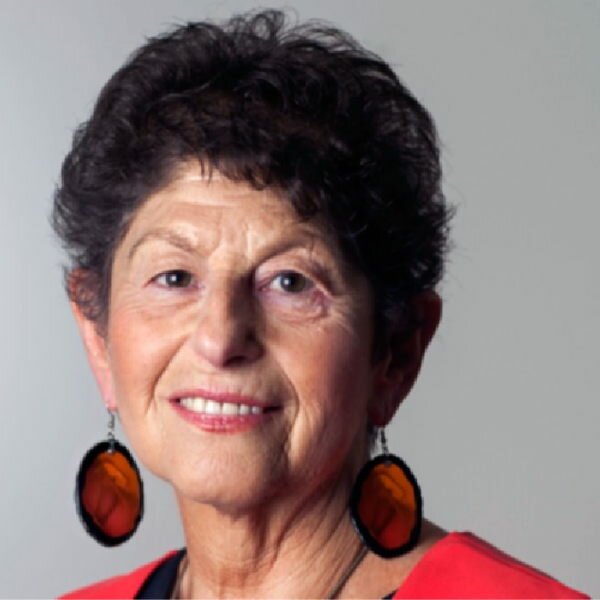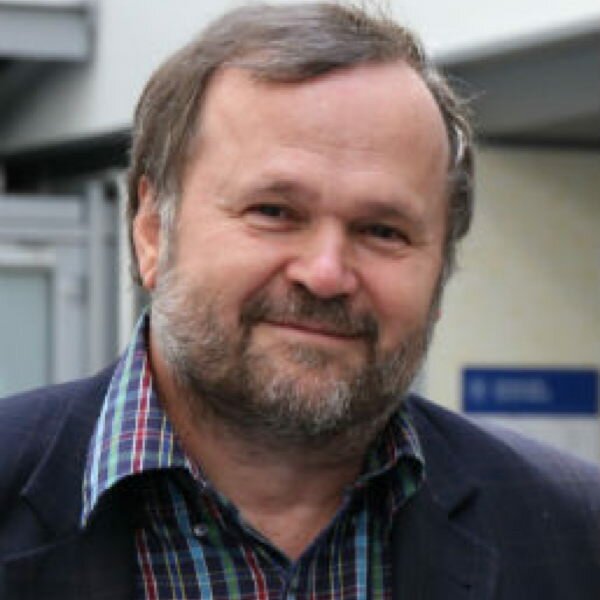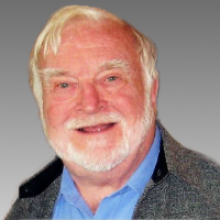Please find below the details about the invited speakers and the symposium scheduled:
Positive psychology in Europe: recent and future developments
Chairmen: Dora Gudrun Gudmundsdottir, Hans Henrik Knoop, Jan Auke Walburg
1. Positive psychology for society
Author: Dora Gudmundsdottir
2. Positive psychology in education
Author: Hans Henrik Knoop
3. Positive health
Author: Jan Auke Walburg
The chairs will each give a brief overview of the most recent developments in research and implementation of positive psychology in Europe.
After this overview of recent developments in Europe, future developments will be discussed. Questions to deal with are: What research is needed in Europe to proceed? What kind of knowledge should be implemented? How can the authority of positive psychology be improved.
The chairs will summarise the discussion in terms of an agenda for the future with consequences for the activities of the European Network of Positive Psychology.
Positive Psychology in Society and Communities
Chairman: Pascale Haag
1. Epistemological reflections on the concept of community
Author: Gaël Brulé
2. Building connections to promote well-being: challenges and resources
Author: Antonella Delle Fave
3. To affinity and beyond: on the personal and social value of friendship and friendliness
Author: Neil Thin
To read more about the symposium,
Mindfulness, Loving Kindness Meditation and Positive psychology
Chairman: Rebecca Shankland
- Learning to Love: Cumulative Variability in OXTR and CD38 Moderates the Positive Emotion Yield of Loving-kindness Training.
Author: Barbara L. Fredrickson – Co-Author: Suzannah F. Isgett, Sara B. Algoe
- Lessons from the ReSource project: Behavioral and brain changes in affective processing after a 9-month longitudinal mental training program
Author: Pauline Favre, Max Planck Institute – Co-Author: Tania Singer, Max Planck Institute
- Differentiating underlying mechanisms in Mindfulness and positive psychology interventions for social workers
Author: Rébecca Shankland – Co-authors: Damien Tessier, Julie Jacquet, Samuel Garnier, Ilios Kotsou
To read more about the symposium,
Pistes novatrices de recherche en psychologie positive francophone
Chairman: Jacques Lecomte
1. L’apprenance : une ressource pour la résilience. Le cas des femmes ayant été victimes de violences
Author: Joanna Dupouy
2. Appreciative Inquiry et intervention positive dans les organisations
Author: Jean Christophe Barralis
3. Impacts multiples chez les élèves de la restauration de la motivation de sécurisation par les enseignants
Authors: Catherine Favre, Nathalie Augier et Daniel Favre
To read more about the symposium,
Symposium: Flow research: conceptual advancements and applications
Chairmen: Marta Bassi & Jean Heutte
Discussant: Antonella Delle Fave
1. Proposal for a conceptual evolution of the flow in education (EduFlow) model.
Authors: Jean Heutte, Fabien Fenouillet, Charles Martin-Krumm, Ilona Boniwell, Mihaly Csikszentmihalyi
2. Flow metacognitions as predictors of flow in work
Authors: Giovanni B. Monet, Edith E. Wilson
3. Difficult but (ir)relevant? Physiological contributions on the relationship between flow and stress.
Authors: Corinna Peifer, Johanna S. Lehrich, Julia Ingwersen, Hartmut Schächinger, Conny H. Antoni
4. Not just flow: A cluster approach to daily experience fluctuation
Authors: Marta Bassi, Luca Negri, Lucia Ceja, José Navarro, Antonella Delle Fave
To read more about the symposium,
Meaning, engagement, and wellbeing: Positive Psychology at work
Chairman: Lisa Vivoll Straume
1. Eudaimonia this and eudaimonia that: Can modern work-life learn anything from such an archaic concept?
Authors: Prof. Joar Vittersø and PhD student Benedicte Langseth-Eide, UiT The Arctic University of Norway
2. Setting the stage: Creating meaningful and engaging work environments
Authors: Senior advisor / MA Bente Kristin Malmo (Mind) and PhD / Academic Director Lisa Vivoll Straume (Mind)
3. Staging work engagement, strength-based leadership and simulation training in the Norwegian governmental company Enova
Authors: CEO Enova Nils Kristian Nakstad & Øyvind Husby
To read more about the symposium,
Promoting children’s emotional wellbeing…for life
Chairman: llona Boniwell
1. From the start of school: Zippy’s Friends
Author: Caroline Egar
2. Reinforcing the skills in mid-primary years: Apple’s Friends
Author: Marion Panis
3. Implementing Personal Well-Being Lessons in the Anglophone and Francophone contexts
Authors: Ilona Boniwell, Laure Reynaud, Scholavie
This symposium is focused on a selected range of positive psychology programmes developed for educational context. Positive education is a new area that brings together the findings of positive psychology and education, with the aim of providing pupils with psychological knowledge and skills that can help them to live a life of flourishing and become more resilient by coping with problems in productive ways. This broad aim is often achieved by means of specific positive psychology interventions that have been developed and successfully implemented at schools in various countries, including but not limited to the USA, Australia, and the UK. One of the objectives of this presentation is to provide a general overview of the state-of-art evidence based interventions in education from an international perspective. Another, perhaps even more ambitious objective of this presentation is to offer a vision for future developments in positive education, respecting both the scientific foundations and cultural contexts.
To read more about the symposium,
Positive psychology and life span
Chairman: Colette Aguerre
1. Proactive coping and positive aging
Authors: David Delalu, Colette Aguerre
2. « ABCD – Atelier Bien-être et Coping envers la Douleur Chronique”: a workshop for chronic pain patients including positive interventions
Authors: Colette Aguerre, Morgiane Bridou, Rajaa Jourdy
3. Well-being and intergenerational approach
Authors: Catherine Giraudeau, Nathalie Bailly, L. Prouver
To read more about the symposium,
Positive Psychology in Sports and Physical Activity
Chairman: Joan Duda
1. The relationship of motivational processes to the well-being of young athletes
Authors: Isabel Balaguer and Isabel Castillo
2. Assessment of the objective motivational climate in sport and it’s implications for optimal functioning
Authors: Damien Tessier and Philippe Sarrazin
3. Promoting optimal engagement in physical activity in at risk/patient groups
Author: Joan L. Duda
To read more about the symposium,
Positive Psychology Interventions Efficacy and Effectiveness
Chairman: Antonia Csillik
1. Effects of Loving-kindness Meditation
Author: Barbara L. Fredrickson
2. Addressing Eudaimonic well-being across the life span by Well-being Therapy
Authors: Chiara Ruini, Elisa Albieri, Francesca Vescovelli and Giulia Cesetti
3. Positive psychology interventions for increasing well-being and adherence to treatments
Authors: Antonia Csillik, Marine Miglianico, Mélanie Bay-Smadja, Fabien Fenouillet
4. The Therapeutic Relationship as a key factor in recovering from Relational Trauma
Author: Zoe Chouliara
To read more about the symposium,
Flourishing
Chairman: Felicia Huppert
1. The impact of the global financial crisis on flourishing across Europe
Author: Kai Ruggeri
2. Mindfulness Based Flourishing: Practical Wisdom in Modern Buddhism
Author: Francis Mckay
3. Engaging Communities: Improving Resilience and Wellbeing: Positive psychology in media based approaches
Author: Marten W. deVries
To read more about the symposium,
Economy and Positive Psychology
Chairman: Claudia Senik
1. Teaching methods, non-cognitive skills and happiness. Evidence from matched teacher-pupil British data
Author: Sarah Fleche
2. Unemployment benefits and job satisfaction: evidence from Germany
Author: Alexandre Georgieff
3. Work-time duration and subjective wellbeing: evidence from a French reform
Author: Anthony Lepinteur
To read more about the symposium,
Meaning, Strengh values and spiritual accomplishments
Chairman: Willibald Ruch
1. Meaning in the context of better living: evidence from daily experience sampling research
Author: Michael F. Steger, Colorado State University
2. Self-Transcendent Experience: A Potent Source of Spirituality and Meaning
Author: David Yaden, University of Pennsylvania
3. Interventions on meaning in the realm of the Authentic Happiness-theory and extensions: Findings from two recent studies
Authors: Rene T. Proyer, Fabian Gander, Willibald Ruch from Halle University, Zurich University
Positive cultures of criticism: how positive psychology may learn from, and contribute to good criticism
Moderator: Hans Henrik Knoop
Participants: Dora Gudrun Gudmundsdottir, Jan Auke Walburg and more
We could not live without criticism. Criticism in the right context and form is nothing less than a precondition for wellbeing. It is the bedrock of democracy and trustworthy business life. It lies at the heart of any game, play, indeed any human activity worth mentioning if we take a close look at what’s going on when we interact in the world, constantly adapting to ever so slightly changing circumstances, learning from pain also. And it is the essence of scientific endeavor. No science could exist without proper critique of methodology and results.
However, critique is not to be confused with negativity, just like acceptance is not to be confused with positivity. Critique is just critique, yet it cannot function without its counterpart: openness. Critique and openness are complementary values in human interaction. Thus, democracy clearly depends on people being both open to one another’s viewpoints and skeptically reflecting on what they learn. Likewise, science will not work without combined openness towards new ideas and critical scrutiny of these ideas to weed out the bad ones. This goes for positive psychology as for all other branches of science.
Thus, interestingly on the one hand positive psychology has received criticism for not sufficiently accepting criticism, so to speak; while on the other positive psychology may indeed hold important keys to a better, indeed more positive (that is: effective and humane), culture of critique in the future.
This invited symposium, in the form of a round-table dialogue, will address both of these important aspects of criticism.
Firstly, it will focus on some of the most important criticism forwarded against positive psychology, on how this criticism has been answered by the field, and where we stand on the issues today.
Secondly, the psychology of criticism, and especially the potential for creating a culture of criticism, where criticism can be understood as not only a necessity but indeed as a gift, and where the all-too-well-known humiliation following critique is minimized to the least necessary, will be explored. Of special interest will be the contributions to this coming directly from research within positive psychology itself.
As preparation for the session, participants are encouraged to exercise three justified critiques to peers in ways that, without any doubt, leaves the criticized part grateful and warm. Have fun!
Positive Psychology and Heroism
Chairman & discussant: Mihaly Csikszentmihalyi
1. The Personal and Social Impact of Heroism: Stories of Elevation and Personal Transformation
Authors: Jeanne Nakamura, Laura Graham
2. Positively Deviant Heroes: Factors Influencing The Decision to Engage in and Sustain Social Heroism
Author: Michael Condren
3. Prosocial Disobedience Behaviours of Eminent Creators
Author: Izabela Lebuda
To read more about the symposium,



